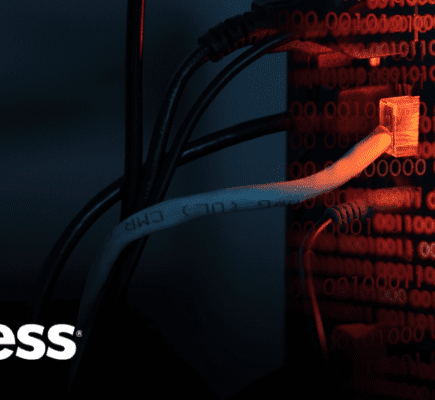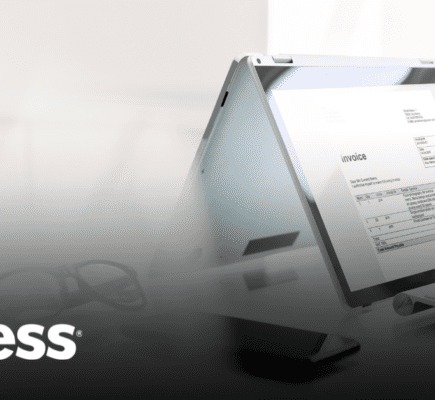
The calendar year’s final quarter is a busy time for HR budgeting and planning HR strategies. As your company begins to appropriate funds for 2019, investing in HR technology might not be at top of your list—but it should be. Research shows 45 percent of large companies and 51 percent of mid-sized companies were looking to increase their spending on HR technology last year.
The days of filling out forms and pushing paperwork are over. The latest HR strategies surrounding technology play consequential roles in acquiring, training, and retaining skilled workers. Technology works in tandem with important HR strategies and decision making. If you’re finalizing your HR budget, here’s why you should put funding aside for HR technology.
-
It Makes Employee Onboarding Easier
One of human resources’ main tasks is to help new hires get onboarded appropriately. That requires ensuring the correct forms are filled out and filed correctly, training processes are set in place, and important employee documents are distributed effectively. If you’re not taking care of onboarding electronically, you’re losing time—42 percent of HR managers spend three hours or more onboarding manually. 16 percent do the same manual onboarding processes for five hours or longer.
Employee document management systems have auto-fill and compliance features to ensure forms are completed quickly and accurately. Additionally, other human resource management tools help in scheduling, training and moving required courses online. All of this helps hires assimilate quickly and allows HR employees to focus on important tasks such as employee engagement and recruitment.
-
It Assists with Work and Team Management
According to Josh Bersin, principal and founder of Bersin by Deloitte, HR strategies are shifting away from talent management and toward both work and team management. Technology must shift with it.
This movement into overseeing work teams will require that your HR employees cover more ground than ever before. Technology is a big piece in helping human resource employees save time, stay organized, measure output and communicate ways to improve.
-
It Improves Productivity with Analytics
In today’s business environment everything can be tracked and reported back to you. In a recent report about HR technology disruptions, Deloitte says, “To maintain a positive employee experience, organizations will need a set of tools that facilitates continuous listening—and goes beyond annual surveys.”
HR software and technology systems automates time-consuming processes like paperwork and reporting. It allows for deeper analysis of employee performance and important HR decision making. This type of automation and tracking frees up departments to get back to focusing on people and HR strategies.
-
It Keeps Your People Happy
In the short term, the biggest challenge for your HR unit right now might be in retaining talent instead of finding new hires. The current unemployment rate is 3.9 percent, the lowest in more than a decade. This means the labor pool for new hires is shallow, and unhappy workers see this as a chance to leave for a better job. Two major reasons people leave work is a lack of support for a work-life balance (12 percent) and poor well being (9 percent).
This is where wellness technology comes in. New apps can monitor an employee’s health and reduce burnout. These tools coach them on how to improve their lives during and outside of business hours through time management, exercise, sleep, and other areas. Happier employees make your workplace better and more productive. Apps also alert HR if there are serious underlying problems.
In addition, software—such as employee document management systems and an organized and efficient HRIS—saves HR managers time on paperwork and compliance and allows them to focus more on employee wellbeing and morale.
Andrea Palumbo has over 20 years of experience in the HR and Payroll industry as both an HRIS client and vendor. Her teams are responsible for implementing and maintaining critical HR technology, data and timely processing of payroll for over 1300 employees globally. Andrea’s in-depth knowledge of HR Technology and sensitive employee data allow her to convey the benefits of having a robust HRIS and data management systems working together side by side.




